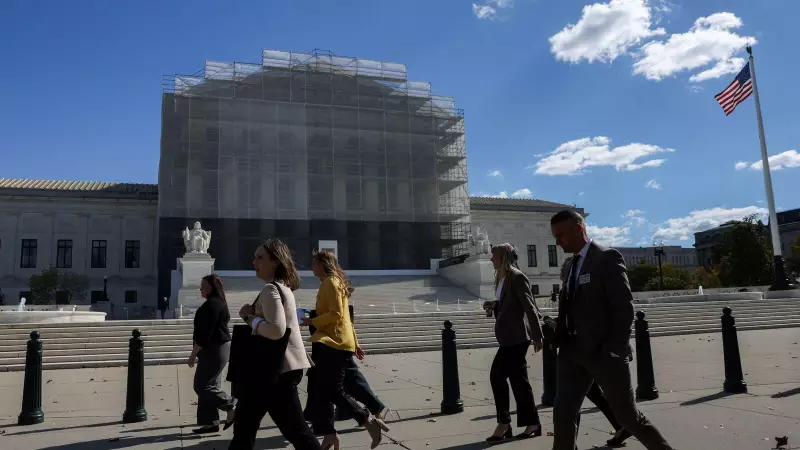
In a dramatic legal showdown that could redefine US trade policy, small business owners have taken their fight against former President Donald Trump's tariffs to the Supreme Court, labeling the controversial measures an "illegal $3 trillion tax" on American enterprises.
The Constitutional Challenge
The legal battle centers around whether the Trump administration overstepped its constitutional authority when implementing sweeping tariffs on imported goods from multiple countries. Small business advocates argue that only Congress has the power to levy such comprehensive taxes, making the executive branch's actions fundamentally unlawful.
Small Business Burden
According to court documents, American small businesses have borne the brunt of these tariffs, facing approximately $3 trillion in additional costs that have crippled operations and threatened survival. The plaintiffs describe this as essentially a massive hidden tax that has disproportionately impacted smaller enterprises compared to their larger corporate counterparts.
Legal Precedent at Stake
The Supreme Court's decision in this case could establish crucial precedent regarding presidential power in trade matters. Legal experts suggest that a ruling against the tariffs would significantly curtail future presidents' ability to unilaterally impose similar trade restrictions without congressional approval.
Economic Impact Assessment
Economic analysts note that while tariffs were intended to protect domestic industries, they've had the opposite effect for many small businesses that rely on imported materials and components. The increased costs have forced price hikes, reduced competitiveness, and in some cases, led to business closures.
What's Next for Trade Policy
The outcome of this Supreme Court case could force a complete overhaul of how the United States approaches international trade agreements and tariff implementation. Regardless of the verdict, the case has already sparked renewed debate about the balance of power between executive and legislative branches in trade matters.





